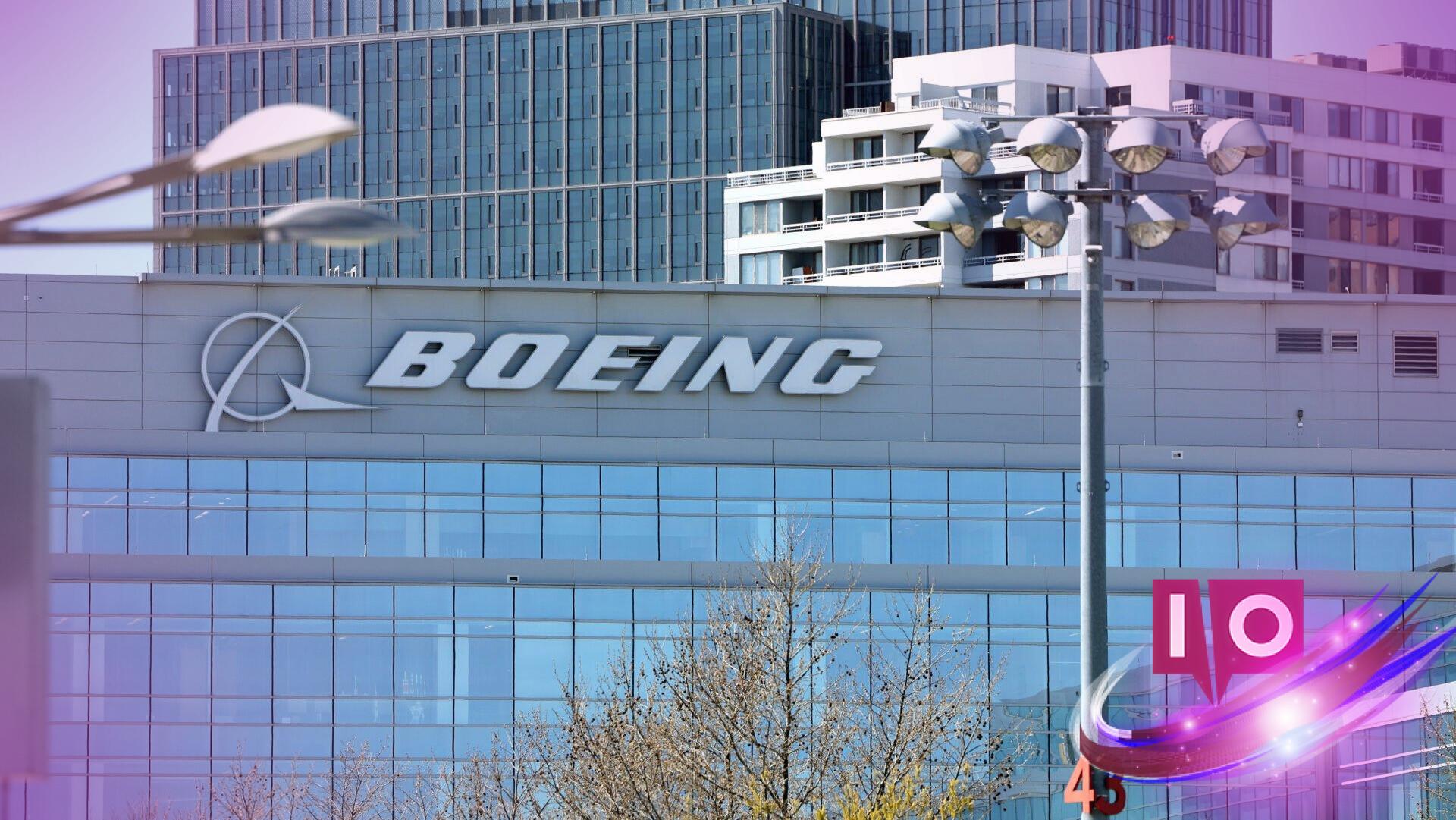The Federal Aviation Administration (FAA) has recently proposed a hefty $3.1 million (€2.9 million) in fines against Boeing for a series of safety violations uncovered in late 2023 and early 2024. This decision, highlighted in a press release, underscores the urgency for strict compliance in aviation safety.
As we dive deeper into this situation, it’s crucial to reflect on the credibility of the FAA as an oversight body. Their recent actions have sparked discussions on the integrity of safety systems within large corporations like Boeing.
Understanding the Safety Violations
One significant event contributing to these proposed fines involves an incident on January 5, 2024, when a door plug detached mid-flight from an Alaska Airlines Boeing 737 Max 9. Miraculously, no injuries were reported, but the door plug was later discovered in the backyard of a Portland schoolteacher.
Past Incidents and Ongoing Concerns
This incident revived serious concerns about Boeing’s safety protocols in light of two catastrophic crashes in 2018 and 2019 that resulted in the tragic loss of 346 lives. Earlier this year, Boeing reached a settlement with the U.S. Department of Justice, evading criminal charges regarding these disasters.
Exploring the Implications of the Fines
The proposed fine of $3.1 million may seem minor for a corporation of Boeing’s scale, but the FAA describes it as the “maximum statutory civil penalty authority consistent with law.” This brings into question how such penalties are determined and if they effectively enforce safety compliance.
The Pressure on Regulatory Oversight
Additionally, the FAA reported instances of a Boeing employee pressuring a member of the FAA’s Organization Designation Authorization (ODA) to expedite the approval process for the Boeing 737-MAX. Such actions have raised eyebrows about the FAA’s independence and its commitment to maintaining strict safety standards.
Quality Control Issues at Boeing
The FAA further discovered extensive quality control violations at Boeing’s 737 factory in Renton, Washington, as well as at Spirit AeroSystems, a subcontractor in Wichita, Kansas. Boeing even submitted two unairworthy aircraft for airworthiness certificates, which didn’t comply with the FAA’s quality requirements.
In a response to these findings, a Boeing spokesperson expressed regret over the door plug incident. The company is actively working to enhance its safety culture, emphasizing accountability in all operations.
Boeing stated, “Last year, under the oversight of the FAA, we instituted a Safety & Quality Plan to enhance safety management and quality assurance in airplane production. Our efforts include investing in workforce training and encouraging employees to communicate openly about safety issues.”
Next Steps for Boeing
Boeing has 30 days to respond to the FAA regarding the proposed fines. As of now, the full content of the FAA’s letter remains undisclosed. The agency has yet to reply to inquiries received Friday evening, and updates will follow as new information comes to light.
What should you do if you’re concerned about air safety? Engaging with aviation safety resources and keeping informed about ongoing developments in the industry can empower you as a passenger. The questions surrounding safety practices matter significantly for both travelers and industry stakeholders.
What kind of safety protocols are usually in place for commercial airlines?
Most commercial airlines are required to adhere to rigorous safety protocols mandated by regulatory bodies. These include regular maintenance checks, rigorous training for crew members, and adherence to strict operational standards to ensure passenger safety.
How does the FAA determine civil penalties against companies like Boeing?
The FAA assesses civil penalties based on statutory authority, the severity of violations, and the history of compliance by the company involved. This process aims to encourage better industry standards and accountability.
Why is Boeing under increasing scrutiny for safety violations?
Boeing is facing heightened scrutiny due to past disasters and recent incidents that have revealed lapses in safety oversight and quality control. These issues compromise public trust and the company’s reputation.
What recent improvements have been made in Boeing’s safety culture?
Boeing is implementing a Safety & Quality Plan, focusing on workforce training and enhancing compliance with production systems. They are encouraging a culture where employees feel empowered to report safety concerns.
Are there any other companies experiencing similar regulatory challenges?
Yes, many large aerospace manufacturers face scrutiny from regulatory bodies. The push for enhanced safety across the industry emphasizes the importance of compliance and accountability in aviation.
In conclusion, staying informed about safety issues within the aviation industry is paramount for everyone who flies. Enhance your knowledge by exploring more articles on aviation safety and company practices. For further resources, check out Moyens I/O.
